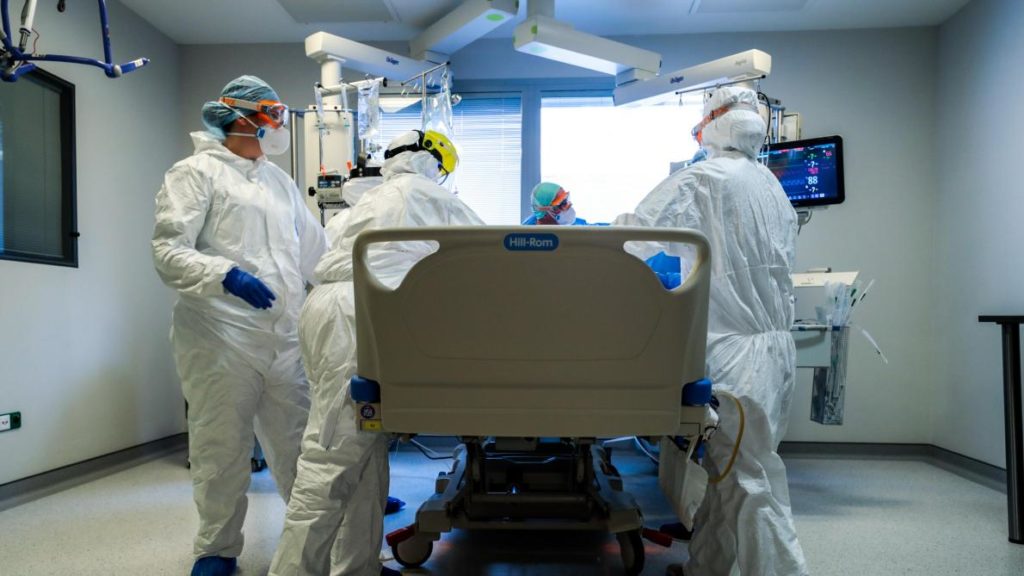Scientists in the United Kingdom are about to start trials of a new therapy that could stop someone infected with the coronavirus from developing symptoms of Covid-19, the Guardian reports.
The therapy involves a cocktail of monoclonal antibodies, created in the laboratory and administered via injection, which experts say could save countless lives by stopping a person infected with the virus from developing symptoms.
The person would remain infectious, and would still have to quarantine, but without symptoms. The difference would have a huge effect on medical services by putting the brakes on a disease process that can lead to weeks in hospital, often in intensive care, and in many cases leading to death.
The treatment, if proved successful, could be given to hospital patients and care home residents as a measure to prevent outbreaks if one case of infection is discovered.
It would also be useful for the likes of university students, among whom the disease can spread rapidly because they live and socialise together. But it would also be applicable as a precaution in families where one member becomes infected.
“If we can prove that this treatment works and prevent people who are exposed to the virus going on to develop Covid-19, it would be an exciting addition to the arsenal of weapons being developed to fight this dreadful virus,” said Dr Catherine Houlihan, a virologist at University College London Hospitals NHS trust, who is leading a study into the drug.
The drugs has been developed by the trust and AstraZeneca, which also has a vaccine waiting for approval from the British regulator in the coming days, and from the European regulator some time after.
Meanwhile, a clinical trial will test the treatment on volunteers at several British hospitals, as well as 100 sites across the world.
The new treatment could confer immunity for six to 12 months, but does not take the place of a vaccine, Dr Houlihan said. A vaccine offers immunity to the wider population, to prevent them becoming infected. The antibody treatment, on the other hand, is for people who have been exposed to the virus, to prevent them from developing disease symptoms.
In addition, the treatment offers immediate protection, whereas the vaccines currently at or near approval – from Pfizer and AstraZeneca – only confer immunity about a month after injection.
Alan Hope
The Brussels Times

